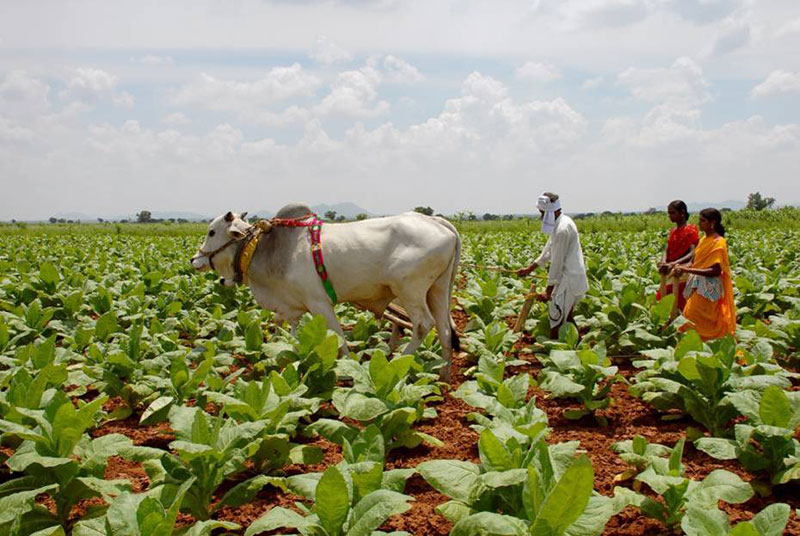Rather than banning tobacco cultivation immediately, the government of Sri Lanka should phase out the practice over a period of four years, according to Green Space Consultancies. It should also financially assist growers who diversify into other crops.
“This is indeed a great opportunity for both the tobacco cultivator who will be diversifying into other crops and for the proprietor as well, said Chathura Rodrigo, founder of Green Space Consultancies.
“Tobacco farming is carried out in an out-grower system and is used for the value chain process. This will significantly help them transition into other cash crops, especially export crops,” he said.
Noting the financial benefits of tobacco farming, Rodrigo pointed out that tobacco farmers would need to convert to farming export crops as farming crops for local consumption would not provide the same profits.
“Tobacco farmers won’t succeed by farming crops for the local market as that is already being done and additional farmers entering the local market would flood the market with excess supply, further dropping the value of the product. They must look into cultivating export crops,” Rodrigo said, adding that the government must play a lead role in this regard to identify suitable crops and provide financial assistance.
Agriculture Minister Mahinda Amaraweera insisted the tobacco cultivation ban would go ahead as planned.
“As far as I know the ban will take effect from 2020. This is what President Maithripala Sirisena has decreed,” he said.
Easy does it











